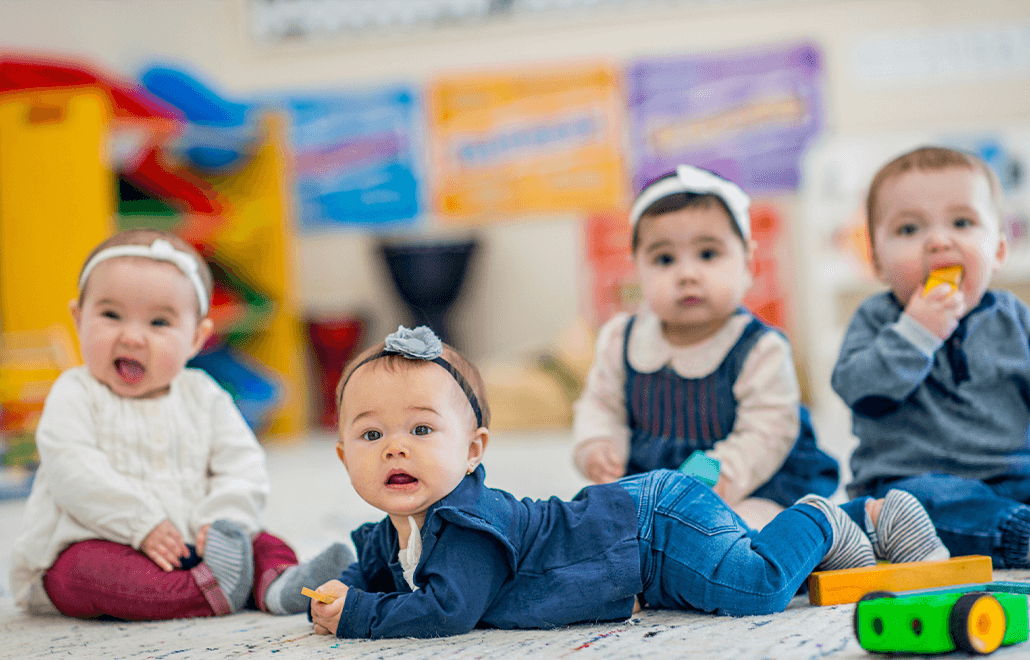
31 Oct What To Do About Toddler Hitting
2 min. readEvery parent has experienced their toddler hitting. Hitting can be a stressful and anxiety-provoking experience for many parents, but it is important to know that this behavior is not your fault. The “hitting stage” is a normal part of your toddler’s development and is often a short stage that they quickly outgrow with the right interventions and discipline.
Why Toddler Hitting Happens
Toddlers do not develop a sense of compassion until they become three years old, and some children may even take a little longer. This means that your child may not realize that hitting can hurt and upset the other person. Children, like adults, have many emotions. The only difference is that they have not developed rational thought to understand the consequences of their actions. Here are some reasons why your toddler may lash out aggressively.
- To Communicate a Need
Toddlers do not have the communication skills to be able to express their emotions. When children are bored, hungry, thirsty, overwhelmed, or tired, they may not know how to communicate these needs and instead become frustrated and angry. Your toddler’s frustration can result in them hitting to try and get their needs met.
- Defend What is Theirs
Children tend to hit more frequently when playing with other children. When another child invades your toddler’s space or picks up a toy they favor, they may not be able to communicate what they want, and in return, your child might lash out physically and hit.
- Having a Bad Day
Just like adults, toddlers can have bad days too, and because they have not been able to develop coping skills, they might hit when feeling stressed or at the end of a long day.
How to Stop Your Toddler from Hitting
Rest assured that aggressive behavior is often just a short phase. When your child lashes out and hits, address the behavior immediately. The best way to address this behavior is to validate the child’s emotions and hold the boundary. You should get on your child’s level and look them in the eyes. Let them know that it is ok to be mad or frustrated, but it is not ok to hit.
If your child continues to hit, you should remove them from the situation. Sometimes you may even have to hold their hands down and tell them that you will not let them hit you or another person.
Sometimes children may realize that hitting gets them the attention they were looking for because children do not understand the difference between good and bad attention. These situations can be difficult as a parent, but the most important thing to remember is to stay consistent in your discipline. Some parents find that discussing hitting when the child has calmed down is a way to connect with them and help them understand that hitting is never ok.

